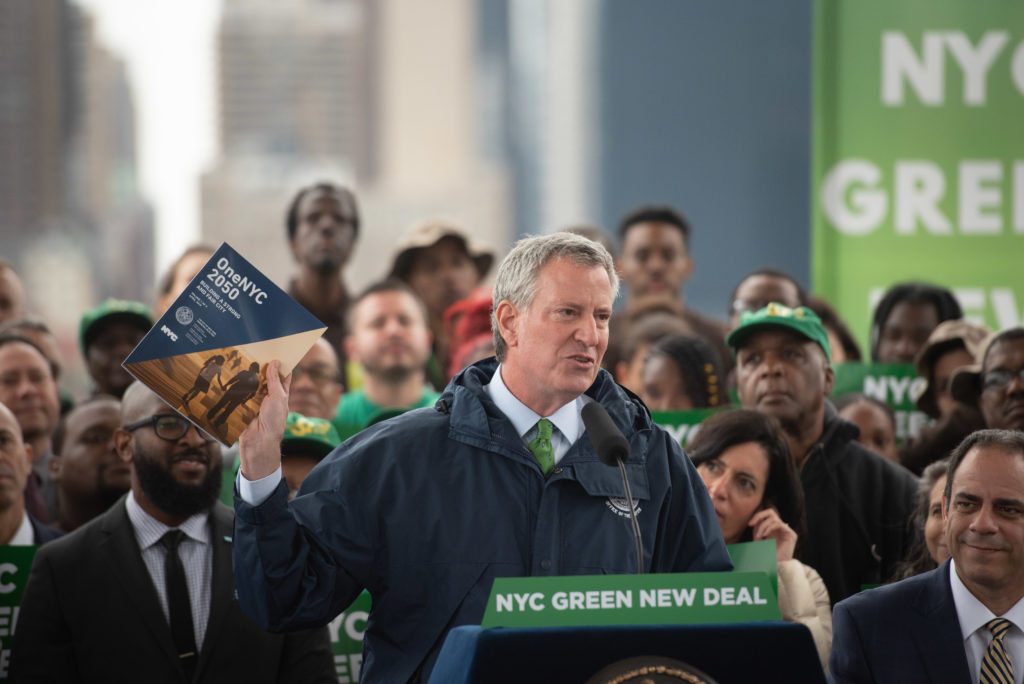A year of environmental policy in Brooklyn
2019: Year in Review

A lot happened in Brooklyn this year — from environmental policies to infrastructure changes to housing reform. We’ve wrapped up the key pieces for you in “2019: Year in Review.”
The past 12 months were monumental for New York City in terms of environmental legislation — with many Brooklyn politicians at the forefront of green bills.
Among some of the green victories: The city created one of the most ambitious environmental plans in history. It made a commitment to green roofs. It banned plastic bags. See below for some highlights from our coverage.

Brooklyn Boro
View MoreNew York City’s most populous borough, Brooklyn, is home to nearly 2.6 million residents. If Brooklyn were an independent city it would be the fourth largest city in the United States. While Brooklyn has become the epitome of ‘cool and hip’ in recent years, for those that were born here, raised families here and improved communities over the years, Brooklyn has never been ‘uncool’.